According to the Decree No. 123/2020/NĐ-CP of Vietnam’s Government, the application of electronic invoices is officially mandatory from July 01, 2020 in Vietnam. Enterprises when switching to using electronic invoices should pay attention to the following issues:

1. Entities using e-invoices
According to Clause 1 Article 13 of the Decree No. 123/2020/NĐ-CP of Vietnam’s Government, entities using e-invoices shall comply with the provisions in Article 91 of the Law on Tax Administration 2019 of Vietnam. In which:
- Enterprises and business organizations shall use authenticated electronic invoices when selling their goods/services, regardless of the value of each sale, except for the cases specified in Clause 2 and Clause 4 of Article 91 of the Law on Tax Administration 2019 of Vietnam;
- Regarding household businesses and individual businesses that are not qualified to use authenticated electronic invoices, enterprises, business organizations and other organizations that need to provide electronic invoices for their customers, tax authorities shall issue separate authenticated electronic invoices for individual sales, provided tax is declared and paid before such electronic invoices are issued.
2. Issuance of e-invoices
- Issuance of authenticated e-invoices:
According to the Decree No. 123/2020/NĐ-CP of Vietnam’s Government, enterprises can issue e-invoices through 2 forms:
+ Access the web portal of the General Department of Taxation to create invoices;
+ Via e-invoice service providers.
Note: Enterprises selling goods and providing services are responsible for sending authenticated e-invoices to buyers.
- Issuance of unauthenticated e-invoices:
Enterprises shall use unauthenticated e-invoices for their provision of goods or services upon receipt of the notification of acceptance from the tax authority.
Enterprises shall use software to create e-invoices for their provision of goods or services, append their digital signatures to e-invoices and send them to buyers by electronic means according to the agreement between the seller and the buyer, and regulations of the Law on electronic transactions.
3. Cases of suspension of use of e-invoices
Enterprises, business entities, other organizations, household or individual businesses shall suspend their use of authenticated and unauthenticated e-invoices in the following cases:
- An enterprise, business entity, other organization, household business or individual business has its TIN invalidated;
- An enterprise, business entity, other organization, household business or individual business does not operate at the registered location as verified and announced by the tax authority;
- An enterprise, business entity, other organization, household business or individual business has sent a notification of business suspension to a competent authority;
- An enterprise, business entity, other organization, household business or individual business is banned from using e-invoices by the tax authority for the purpose of enforcement of payment of tax debts;
- E-invoices are used to sell smuggled goods, banned goods, counterfeits, goods violating intellectual property rights as detected and informed by competent authorities;
- E-invoices are used for short selling of goods or services for fraudulent purposes as detected and informed by competent authorities;
- A business registration authority or competent authority requests an enterprise to suspend operation in a conditional business line after finding that this enterprise does not fully satisfy the business conditions prescribed by law.
Note: If the tax authority, through inspection, discovers that the enterprise is established for the purpose of trade and use of illegal e-invoices or illegal use of e-invoices for tax evasion.
Thuy Tram
- Key word:
- Decree No. 123/2020/NĐ-CP
- e-invoices
 Article table of contents
Article table of contents




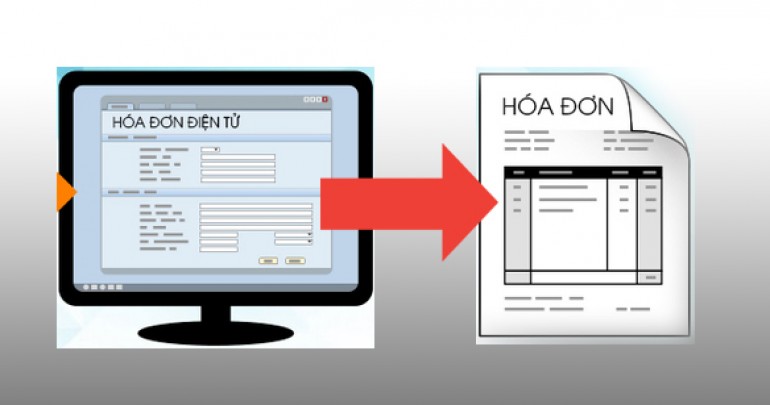
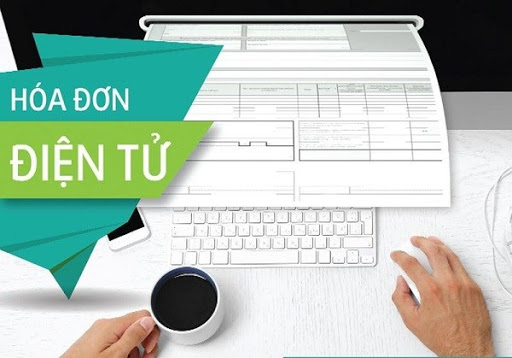
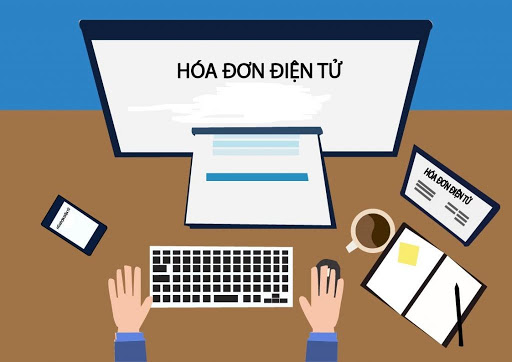
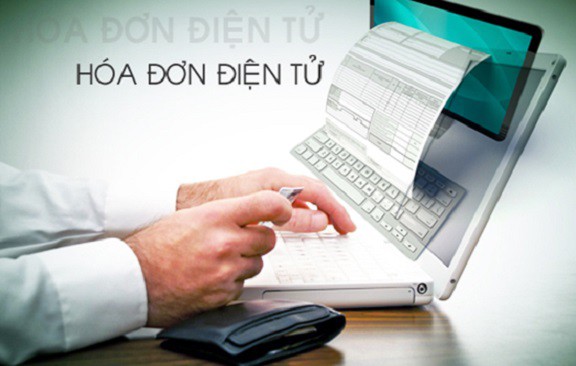
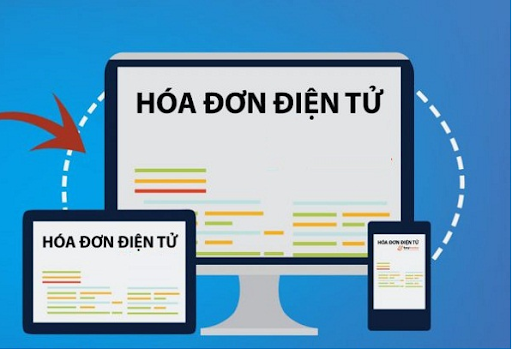

.Medium.png)
.Medium.png)
.Medium.png)
.Medium.png)
